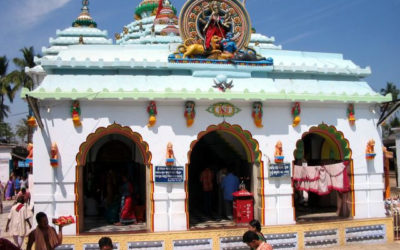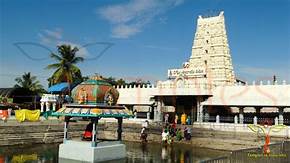The Uttar Pradesh Pollution Control Board (UPPCB) told the National Green Tribunal (NGT) on Thursday that a “flood” of multi-storeyed buildings have been constructed on the floodplains of Ganga and Yamuna over the years without devising any mechanism for waste disposal.
The State pollution control board told NGT that floodplains have been encroached upon in Delhi, Noida and Greater Noida to build apartments and housing societies.
Over the years, there has been a flood of residential and commercial buildings along the floodplains of the Yamuna and the Ganga, but the sewerage capacity has not changed, the UPPCB said. Currently, they take environmental clearance (EC) and discharge solid waste and other garbage in the sewer lines in collusion with local bodies, the tribunal was informed.
Local authorities take money and grant them permission to discharge all the waste into the sewer lines, the UPPCB said.
“There is no site for dumping of municipal solid waste. When you plan a new residential area like Greater Noida, there must be an independent site. Whenever any colony, multi-storey building, apartment is constructed, it should be made mandatory in their EC condition that they must have their own sewage treatment plants,” UPPCB told the NGT.
The NGT is hearing final arguments by various authorities on the mechanism to clean the Ganga from Haridwar to Unnao.
The green panel had divided the work of cleaning the river into five segments — Gomukh to Haridwar, Haridwar to Kanpur, Kanpur to border of Uttar Pradesh, border of Uttar Pradesh to the border of Jharkhand and border of Jharkhand to Bay of Bengal.
The result of the hearing remained inconclusive and will continue on Friday. While setting up a panel to collect information on the quantum and quality of waste being released into the river, the NGT had said “a project of national importance is being carried out and all authorities, including the Centre and the State government do not know how many drains are polluting the Ganga.”ains, the sewerage capacity has not changed



0 Comments